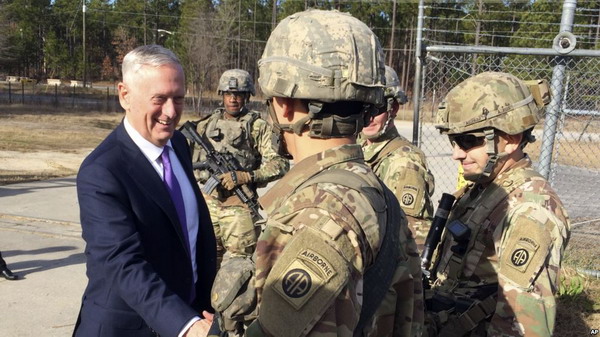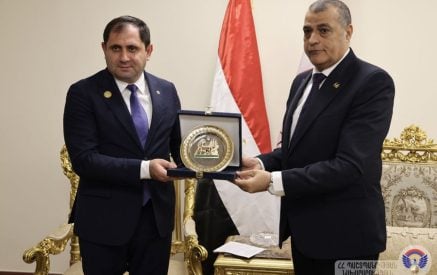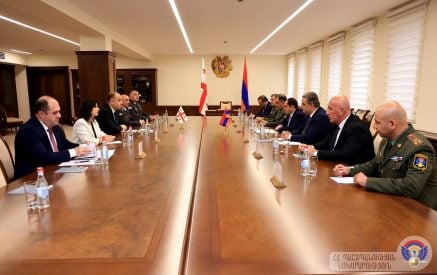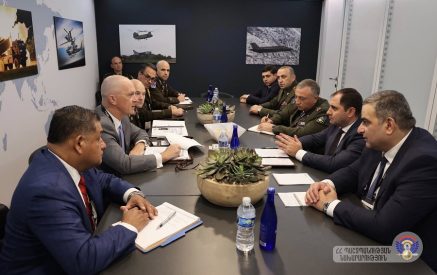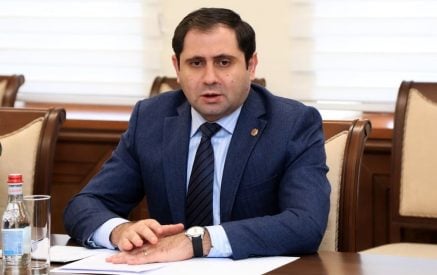Voice of America. Jeff Seldin. The United States is preparing to shift its approach in Syria, pledging to help with the initial recovery following the collapse of the Islamic State’s self-declared caliphate.
U.S.-backed forces liberated the terror group’s Syrian capital of Raqqa in October. Since then, the Syrian Democratic Forces (SDF) have focused their efforts on eradicating remnants of Islamic State.
But with fewer than 1,000 IS fighters thought to be in areas under SDF control, U.S. Defense Secretary Jim Mattis said the time is right for what he described as “an attempt to move toward normalcy.”
“What we will be doing is shifting from what I call an offensive, terrain-seizing approach,” Mattis told Pentagon reporters Friday. “You’ll see more U.S. diplomats on the ground.”
Mattis did not share a timeline for when more diplomats and other civilian personnel would arrive in Syria, and he emphasized that none of the work should be characterized as nation building. VOA has reached out to the State Department for comment.
“When you bring in more diplomats, they’re working that initial restoration of services. They bring in the contractors. That sort of thing,” the defense secretary said. “There’s international money that’s got to be administered so it actually does something and doesn’t go into the wrong people’s pockets.”
Efforts will focus on clearing areas once ruled by IS of improvised explosive devices, which Mattis described as an “enormous undertaking,” removing rubble, restoring other basic services and reopening schools.
The approximately 2,000 U.S. troops in Syria would stay and provide security for the diplomats and civilians, as well as help with training and aid in efforts to hunt down IS fighters.
Mattis said that in the meantime, U.S.-backed forces would continue to hunt down IS fighters.
“We’re in the process of crushing the life out of the caliphate there, while trying to keep the innocent people safe,” he said, while describing the shifting approach as necessary to set the stage for a diplomatic solution to the Syrian crisis.
Still, there are questions about how the initial recovery efforts will work, given that much of Syria is now under the control of forces loyal to Syrian President Bashar al-Assad, which have been backed by Russia.
Earlier this week, the chief of the Russian General Staff accused the U.S. of training former IS militants to destabilize Syria at a military base in Tanf, near the border with Iraq.
“After they are worked with, they change their spots and take on another name,” General Valery Gerasimov told the Komsomolskaya Pravda newspaper Wednesday. “They are practically Islamic State.”
But Mattis said that despite some minor problems, the demarcation line set up in Syria by the U.S. and Russia had held, and that he did not expect pro-regime forces to interfere with any rebuilding efforts.
“That would be a mistake,” he said of any possible attempts by Syrian forces to cross over, adding “They’ve not even tried.”
Photo – VoA


















































